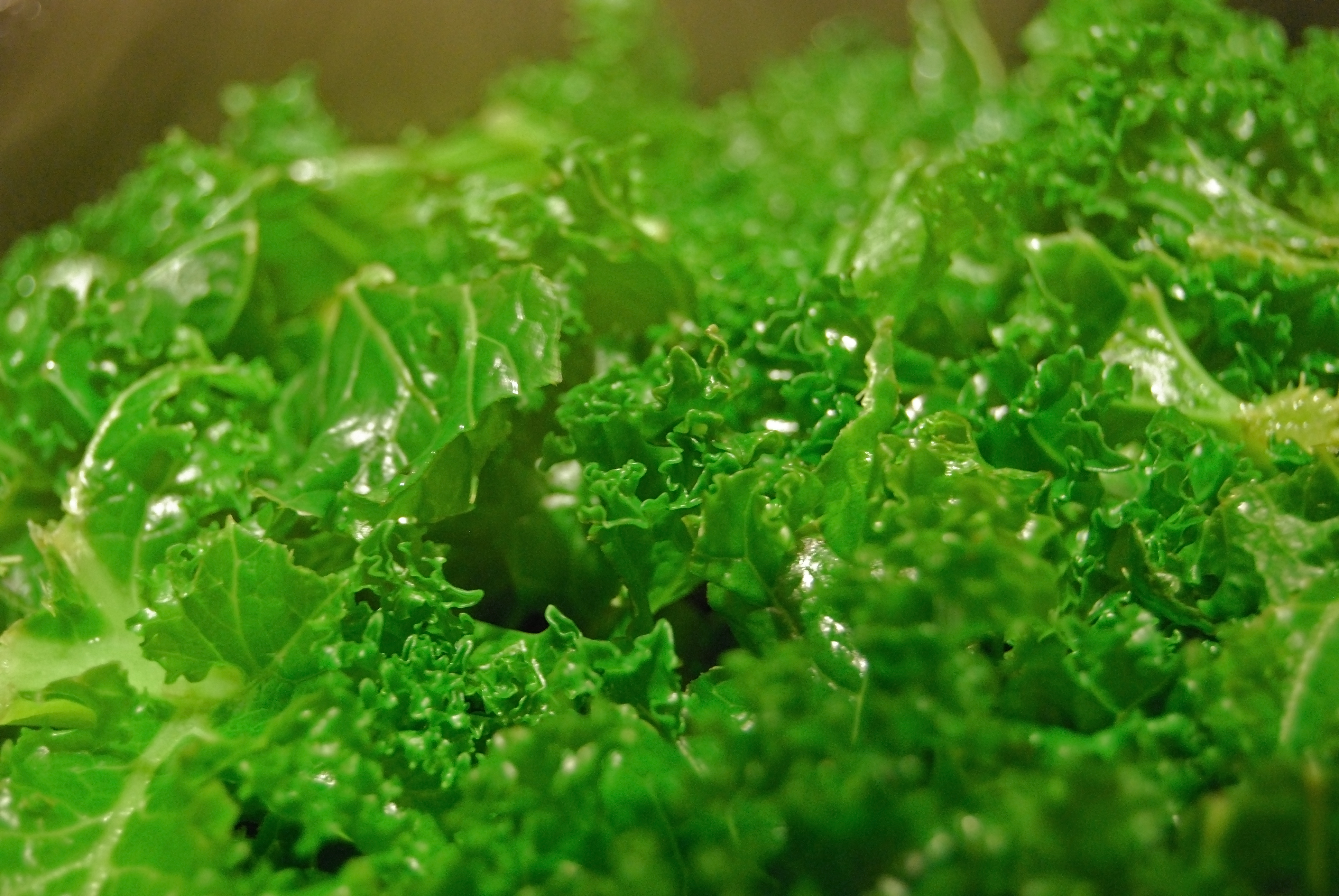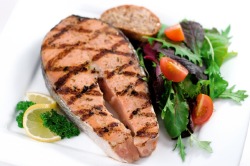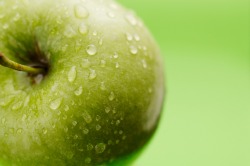
Kale is an excellent source for several vitamins and minerals, including copper, Vitamin B1, fiber, Vitamin B2, carotenes, Vitamin B6, manganese, calcium, iron and Vitamin C.
Kale is a type of cabbage that is a member of the Brassica family. Kale is extraordinarily nutritious and offers several health benefits.
A number of experts agree that kale is one of the healthiest vegetables currently available on the market. In fact, it is just as healthy as Brussels sprouts and broccoli, which are also members of the Brassica family.
1. Kale keeps your heart healthy
Kale is an excellent source of fiber. In addition, it is also a great way to get more of the antioxidants Vitamin A and C, which is ideal for preventing cholesterol oxidation and the formation of plaque in the arteries. Another plus, kale is fat free.
2. Kale keeps life-threatening illnesses away with this powerful cancer fighting vegetable
Just like its healthy cousin broccoli, kale is rich in glucosinolates, which are compounds that work to activate the enzymes of the liver. This action detoxifies chemicals in the body that people come in contact with each and every day.
If these chemicals are not neutralized by these compounds, it may lead to cancer. The majority of research on the topic indicates that a balanced diet that is rich in vegetables and fruit lowers the risk of several types of cancer.
However, the evidence shows that the vegetables that fight the strongest against cancer are the ones in the Brassica family, including kale. In addition, the antioxidants that are found in kale work effectively to protect your DNA from any damage that may lead to cancer.
3. Kale will help keep your eyes healthy
Kale is a great way to get two valuable caroteinoids, lutein and zeaxanthin. These caroteinoids work effectively to reduce the risk of macular degeneration that is caused by advanced age. In addition, the eyes are also protected by the reduction of the risk of developing cataracts.
4. Kale can help keep your bones healthy
Kale is good for your bones for two different reasons. First of all, it is a great source of calcium, which the body needs to build strong bones.
Kale is also high in Vitamin K1, which helps to reduce the rate of bone loss in post-menopausal women. In Japan, Vitamin K1 is used to treat osteoporosis. It is not recommended that you eat an excessive amount of kale while taking blood thinners due to the massive amount of K1 that it contains.
5. Kale is easy to add to any diet plan
One of the best things about kale is that you can implement it into your diet with the greatest of ease. You can add it to your favorite soups or sauté it in a little olive in order to enjoy a tasty side dish.
It only takes a small amount of olive oil to aid the absorption of fat soluble vitamins, such as A and K. Kale is great when added to your favorite salads, or throw it in your pot of beans for a little extra punch. Kale is one of the healthiest vegetables that you can eat, and you are sure to find a delicious way to include it in your regular balanced diet.




I love kale! It’s one of the most versatile vegetables. I incorporate some in almost every soup I make, and I also eat it raw in salads. I had primarily been including so much kale in my diet because it is so low in calories and so filling, but now that I realize just how many vitamins and minerals it includes,
I realize that I’ve been treating my body even better than I realized. Eating kale and other foods with lots of antioxidants has really improved how I feel, how I sleep and my overall mood. I have also managed to lose a little weight without really trying to diet, just be including more vegetables and fruits in my diet. Thanks so much for your site. It has been very valuable to me in my quest to improve my health, fight off disease and stay young! I look forward to more articles from you.